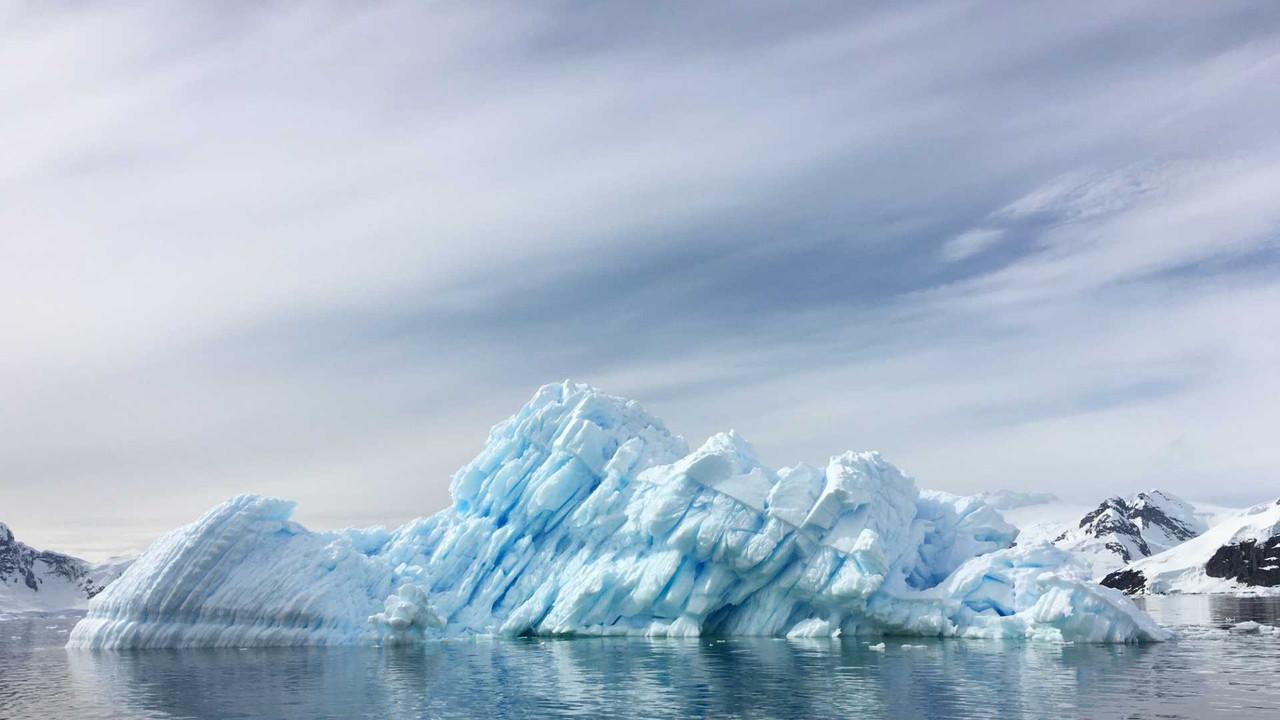Antarctica
Cultural Considerations in Business
Discover how cultural norms impact business and employment in Antarctica

Communication styles in the workplace
Antarctica, a land of extremes, fosters a unique workplace environment where effective communication is paramount for safety and mission success. This article delves into the prevalent communication styles in this remote continent, exploring directness, formality, and the nuances of non-verbal cues.
Direct and to the Point: Efficiency in Harsh Conditions
Antarctic research stations and bases function with a strong emphasis on direct communication. The unforgiving environment demands clear and concise messages to avoid misunderstandings that could have severe consequences. Research highlights this aspect, noting that station personnel prioritize getting the job done efficiently, leaving little room for ambiguity in communication. This directness extends to feedback, which tends to be factual and solution-oriented.
Formal Undertones: Maintaining Professionalism
Despite the emphasis on clarity, Antarctic workplaces maintain a professional atmosphere. International collaboration is a hallmark of Antarctic research, bringing together individuals from diverse backgrounds. To ensure mutual understanding and respect, communication often adopts a formal tone, particularly in cross-cultural interactions. This formality is evident in written reports, presentations, and meetings.
Beyond Words: The Importance of Non-Verbal Communication
The harsh Antarctic environment can limit traditional communication channels. Blizzards can disrupt radio signals, and bulky protective gear can make facial expressions difficult to read. To bridge these gaps, non-verbal cues become especially important. Studies emphasize the role of body language, eye contact, and teamwork in fostering a sense of shared purpose and maintaining morale during long isolated deployments.
Negotiation practices
Antarctica, a continent governed by international treaties, presents a unique landscape for negotiation. Here, we explore the prevalent approaches, strategies, and cultural norms that influence how business is conducted in this delicate environment.
Collaborative Consensus: Building on Shared Interests
Unlike traditional business negotiations, decision-making in Antarctica prioritizes consensus over competition. The Antarctic Treaty System (ATS) emphasizes peaceful cooperation and the common good. Negotiations often involve multiple countries with diverse interests, necessitating a collaborative approach to find solutions that benefit all parties. This collaborative spirit is fostered by open communication, information sharing, and a willingness to compromise.
Science-Driven Decisions: Facts Take Center Stage
Antarctica's unique environmental and scientific significance heavily influences negotiation practices. Data and scientific evidence play a crucial role in supporting arguments and proposals. Parties involved in negotiations leverage research findings and environmental impact assessments to build a strong case for their positions. This focus on scientific reasoning fosters a fact-based approach to negotiation, promoting transparency and objectivity.
Cultural Sensitivity: Navigating a Global Landscape
International collaboration is a cornerstone of Antarctic affairs. Negotiations often involve representatives from countries with vastly different cultural norms. To bridge these divides, cultural sensitivity is paramount. Negotiators strive to be respectful, patient, and mindful of non-verbal cues. Building trust and rapport through informal interactions can pave the way for productive discussions.
Understanding hierarchical structures
Business operations in Antarctica, although limited, function within a unique hierarchical structure that is shaped by its extreme environment and international character. This structure impacts decision-making, team dynamics, and leadership styles.
Flattened Hierarchies: Necessity Breeds Collaboration
Antarctic research stations and businesses often display flatter hierarchical structures compared to traditional organizations. The small team sizes, the need for quick decision-making in critical situations, and the emphasis on specialized skills necessitate a more collaborative approach. This flattened hierarchy is attributed to the concept of requisite organization, where structures adapt to meet the demands of the environment. Team members are given a high degree of autonomy and are expected to contribute their expertise effectively.
Shared Decision-Making: Consensus for a Common Goal
Decision-making in Antarctica often follows a consensus model. The international nature of research and the emphasis on environmental protection necessitate buy-in from all stakeholders. This collaborative approach is influenced by cultural factors as well. According to Hofstede's framework of cultural dimensions, Antarctica fosters a more collectivistic decision-making style, prioritizing group goals over individual ones. Leaders facilitate discussions, ensure all voices are heard, and guide the team towards a mutually agreeable solution.
Leadership: Expertise and Resilience Take Center Stage
Leadership styles in Antarctica prioritize expertise, adaptability, and strong communication skills. Leaders must be knowledgeable in their field, capable of making sound decisions under pressure, and able to effectively communicate with a diverse team in a high-stress environment. The situational leadership theory applies well in this context. Leaders adjust their style based on the situation and the team's development level. For routine tasks, a more delegative approach empowers team members. During emergencies, a more directive style might be necessary.
Holidays and observances affecting business operations
Antarctica, a land of perpetual challenges, presents a unique situation regarding holidays and observances. Unlike most countries with a defined workweek and statutory holidays, Antarctica's focus is on scientific research and maintaining station operations, with holidays playing a secondary role.
Prioritizing Research Continuity
The Antarctic Treaty System (ATS) governs international relations on the continent, emphasizing scientific freedom and continuous data collection. This translates to research stations typically maintaining operations year-round. While some stations might have reduced staffing during the harsh winter months, complete shutdowns are rare. Therefore, traditional holidays like New Year's Day or Christmas might hold less significance in terms of closing stations.
Morale Boosters in Isolation
However, holidays and observances do play a role in maintaining morale and fostering a sense of community in isolated stations. National holidays of the countries operating each station are often acknowledged with special meals or celebrations. Crew members might share traditional dishes or organize games to commemorate these occasions. Similarly, events like Midwinter's Day (June 21st in the Southern Hemisphere, the shortest day of the year) serve as milestones celebrating their perseverance in the long winter months.
Recognizing Diversity
The international character of Antarctic research stations brings a unique blend of cultures and traditions. Stations often celebrate a variety of holidays throughout the year, fostering a sense of inclusivity and understanding among team members. This cultural sensitivity is essential for maintaining positive working relationships in such a diverse environment.